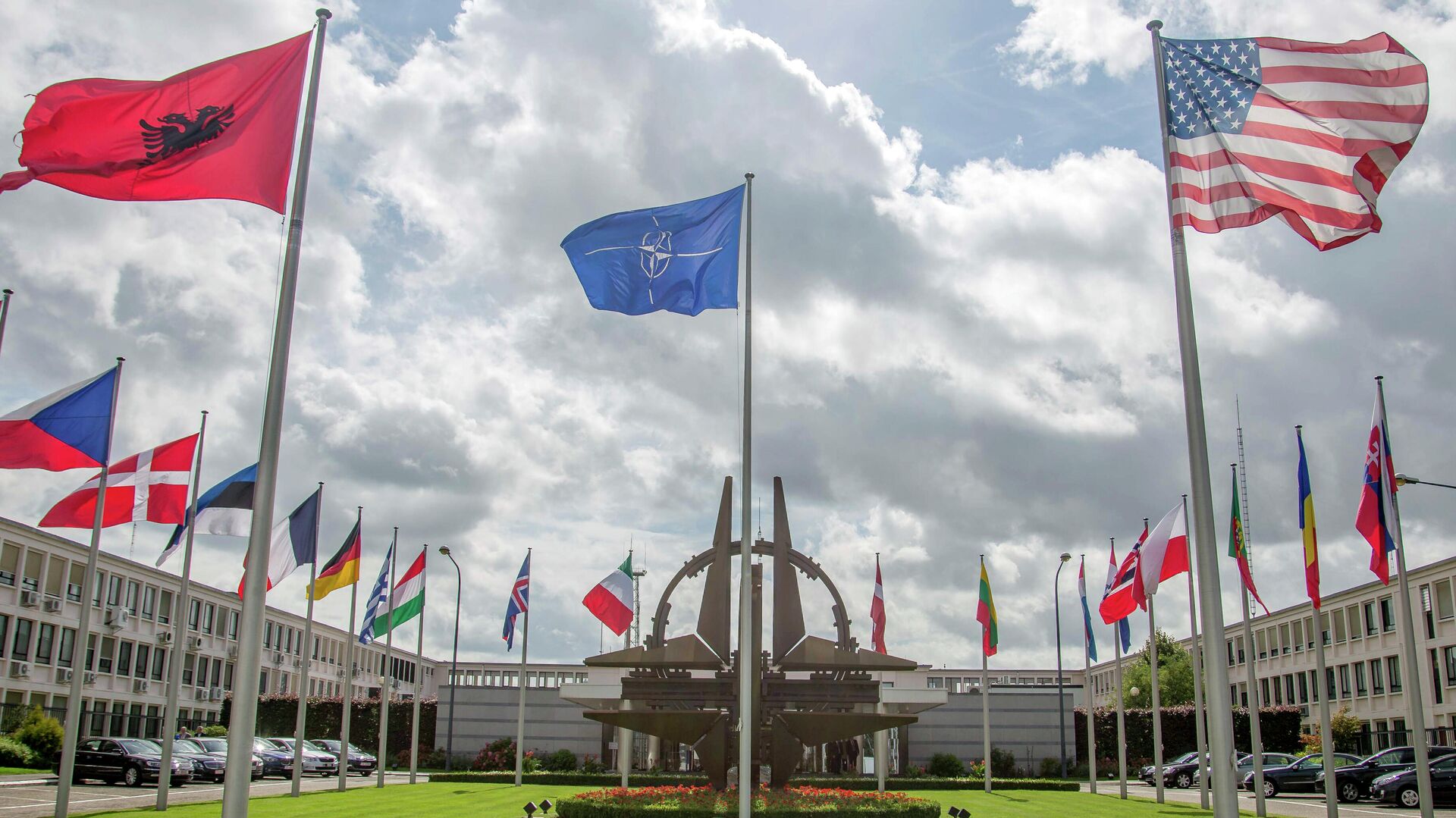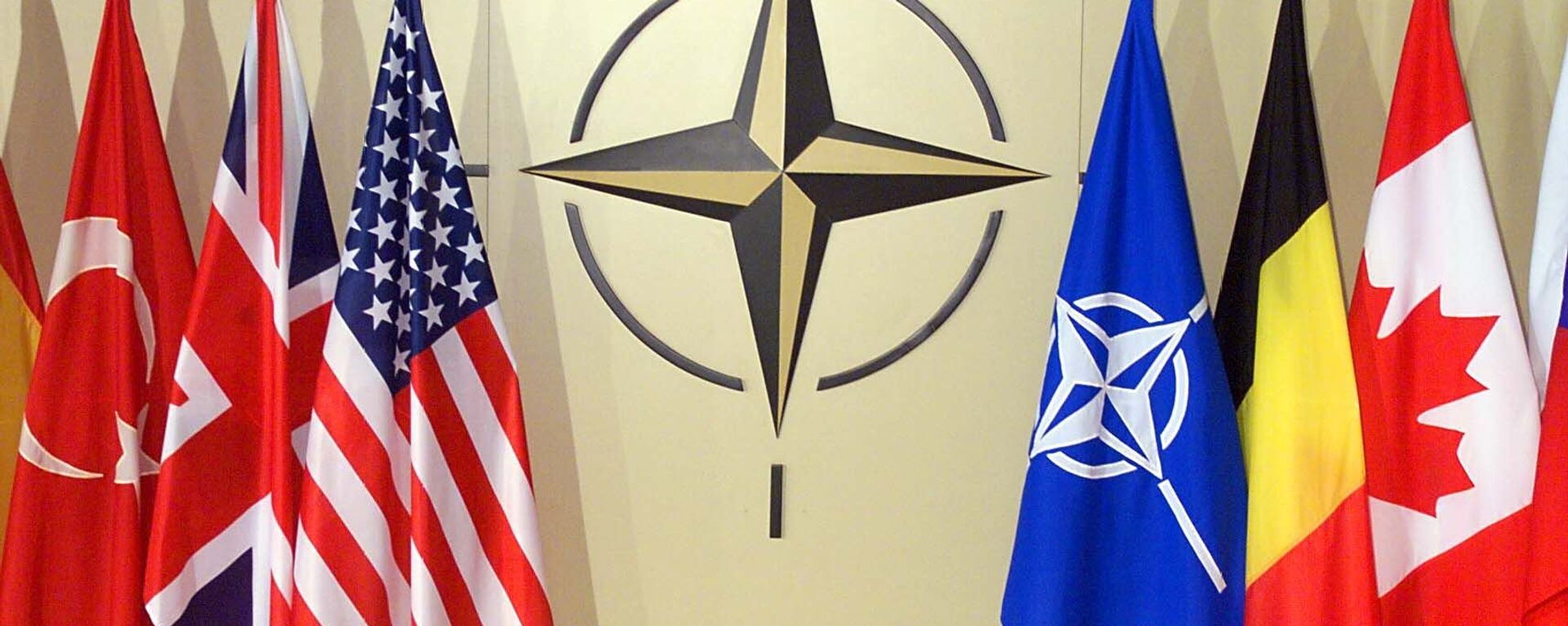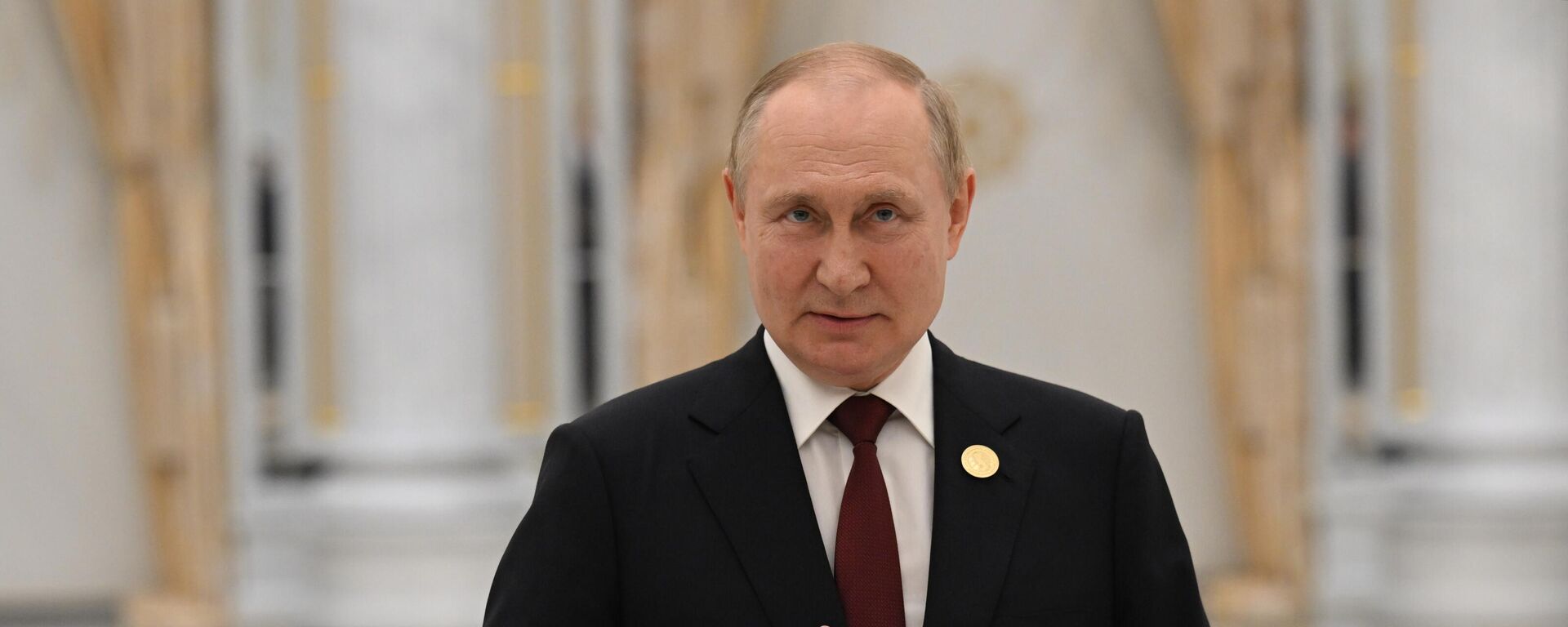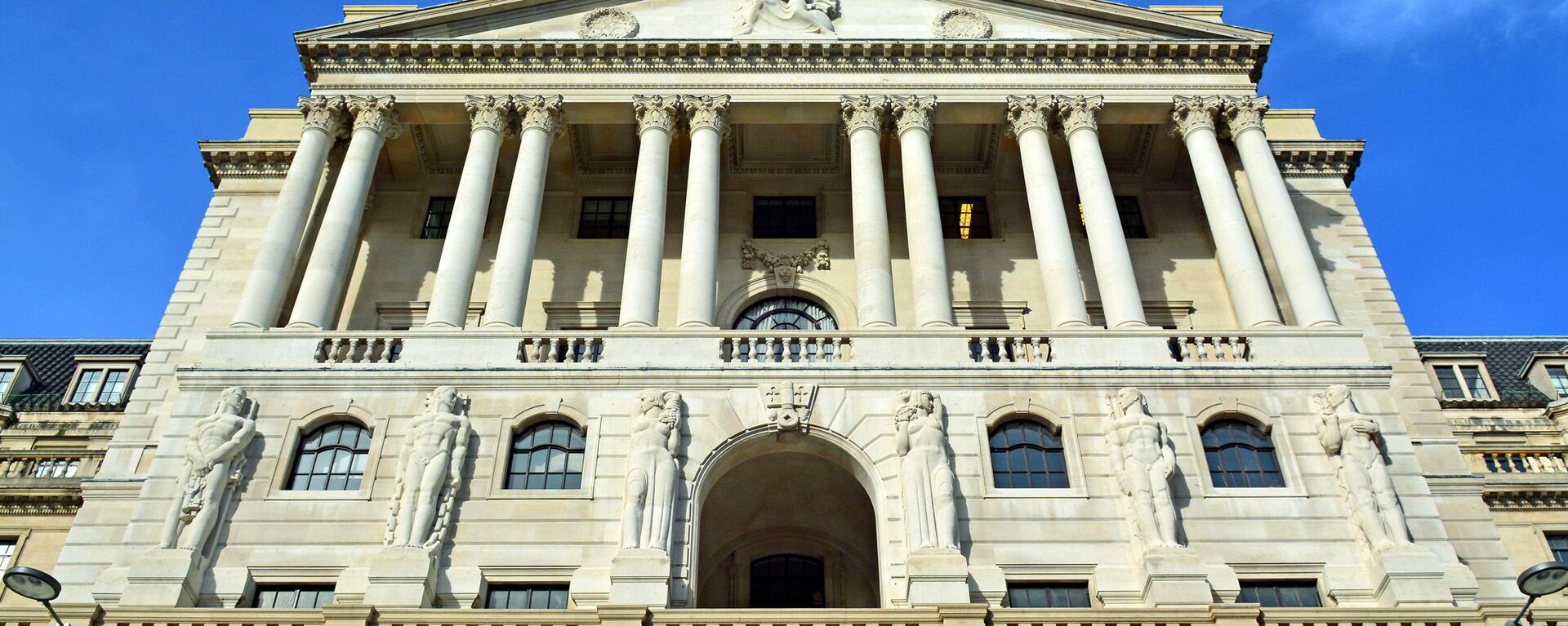Why Finland & Sweden's NATO Future is Uncertain, Fraught With Economic & Security Risks
15:31 GMT 30.06.2022 (Updated: 15:20 GMT 28.05.2023)

© AP Photo / Olivier Matthys
Subscribe
NATO formally invited Finland and Sweden into the alliance on 29 June after Helsinki and Stockholm managed to negotiate an agreement with Turkey, which had earlier blocked their bids. What does the future have in store for the two Nordic countries after they lost their neutrality?
"The accession of Sweden and Finland to NATO constitutes a test of loyalty to the western bloc, in particular to the US and Great Britain, which are the real geopolitical and geostrategic beneficiaries of the ongoing conflict," said Dr. Tiberio Graziani, chairman of Vision & Global Trends International Institute for Global Analyses.
The two Nordic countries' neutrality differs. Sweden had not joined a military alliance or participated in any war since 1814, with its neutrality being flexible, self-declared and not enshrined in law, as the Woodrow Wilson International Center for Scholars noted in its 2 February 2022 study.
In contrast, Finland's neutrality was stipulated by the Paris Peace Treaty of 1947 which was signed after the end of the Second World War between the Allied powers - including the USSR, the UK, the US and France - and former Nazi Germany allies, such as Italy, Romania, Hungary, Bulgaria and Finland.
"This definitely appears to be a violation of Finland’s international agreements signed after WWII with the Soviet Union then later Russia," said Earl Rasmussen, executive vice-president of Eurasia Group, citing the 1947 treaty as well as the 1992 Russo-Finnish treaty.
It raises questions as to whether benefits from the abandoned neutrality will outweigh potential security risks for the two Nordic states.
"I am puzzled by how this inclusion will provide increased security, it appears it will likely further deteriorate relations between Russia and the EU and more specifically with Finland and Sweden," Rasmussen said. "Strategically, I am not sure what the real impact will be. Essentially, both Finland and Sweden are de facto NATO members to include coordination and joint exercises. However, tensions will likely increase and increased defensive measures will likely occur in Russia’s northern regions as well as Kaliningrad."
What Do Finns and Swedes Think About NATO Membership?
Meanwhile, popular support for NATO membership in both Nordic states has never been high.
According to a 2021 poll commissioned by EVA Finnish Business and Policy Forum, around 26% of Finns were in favor of joining NATO, 40% against and 33% remained undecided. A January 2022 Demoskop survey showed 42% of Swedes supporting NATO accession and 37% of respondents opposed it.
The Russian special operation in Ukraine is said to have invigorated NATO proponents in both Nordic countries. Rasmussen noted that recent surveys in Finland have shown a spike in support up to 76%. However, in Sweden, support to join NATO has remained relatively low, climbing to just 47%, according to him.
Meanwhile, unlike Sweden, Finland shares a 1,340 km (830 mi) border with Russia and has maintained longstanding economic relations with Moscow for decades. As of 2019, Finland imported around 60% of its energy from Russia with the latter being the fourth largest importer of Finnish goods in 2017, according to the Wilson Center. Furthermore, Russian speakers constitute the third largest ethnic group in the Nordic country.
"Even during the Cold War, both states were neutral and non-NATO members, with Finland developing strong economic and trade relations with Russia," the Eurasia Group vice-president explained. "As trade degrades and energy sharing diminishes there will likely be a strain placed on the economies, mostly with Finland."
Moscow has repeatedly underscored that Russia harbors no hostile intentions against either Nordic country, yet also signaling that the latest NATO expansion will not make the continent more stable or secure. Earlier this week, Russian President Vladimir Putin emphasized that the Kremlin has "nothing that could worry us in terms of Finland or Sweden's membership in NATO," adding, however, that if military equipment or troops are deployed along the border, Moscow will have to "respond in a mirror manner and create the same threats in the territories from which they threaten us."
There is yet another controversy surrounding Sweden and Finland's accession to the western military bloc: neither Nordic state has held a popular referendum to find out whether the public has really weighed all the pros and cons of NATO membership.
"Political leadership in both countries is taking a certain degree of risk to push forward the joining without a public referendum," Rasmussen said. "I am sure Washington and Brussels realize that risk."
In addition to that, NATO accession may increase political polarization in both Nordic states, according to the Eurasia Group vice-president. In particular, "the Finnish government is made up of several political parties with no single party having a clear majority, hence requiring partnerships being established," he noted, adding that worsening economic conditions could "potentially create divisions politically and thus alignments could easily change."
Meanwhile, the Swedish left has lashed out at the government and the Social Democrats over Stockholm's NATO admission deal with Ankara. According to Expressen, the Greens and the Left Party are mooting a no-confidence vote against Foreign Minister Ann Linde.
Why NATO's 2% Requirement Appears Unrealistic Today
NATO rules may trigger further controversy as they will require Sweden and Finland to spend 2% of gross domestic product (GDP) on their defense budgets. Even though the Nordic countries have committed to reaching the benchmark by 2024, the long-term viability of their promises is in question, given skyrocketing inflation in Europe.
Inflation in Finland has recently risen to its highest level in over 30 years, hitting 7.1% in May. In April, the country's consumer price index (CPI), a popular gauge for inflation, stood at 5.7%, according to Statistics Finland.
Likewise, annual inflation in Sweden jumped from 6.4% in April to 7.3% in May, according to the country's Consumer Price Index with fixed interest rate (CPIF).
"To this end, just as the Ukrainian people are sacrificed, so the economies of European countries will be sacrificed, including Finland and Sweden," forecast Graziani. "Very difficult economic and social months await us in Europe. It will be a very hot autumn. Political crises in various countries of the European Union are likely to be hypothesized."
EU member states, the UK and the US are taking efforts to tame galloping inflation which throws their capability of adhering to NATO requirements into question. To complicate matters further, the UK is calling to step up funding and arming of Ukraine "until victory" amid the Russian special operation.
"The US and UK are using the conflict in Ukraine to pressure greater EU involvement and support to include NATO contributions," said Rasmussen. "While it is being projected that member states will meet their 2% objectives by 2024, based on developing economic conditions and a pending recession, I question the realism of that projection. Increasing real contributions for defense along with rising tensions between the EU and Russia may prove challenging as economic conditions worsen resulting in political disruptions across Europe."
Meanwhile, the US is not in its best shape either, according to Rasmussen. The country steadily moves forward into a potentially deep recession; increased tensions with China; emerging challenges in Latin America; tensions with Iran; and economic challenges at home. The scholar believes that it is likely one will see a major political change in the US in 2022 midterms, in 2024 and beyond.
What’s more, as the Republican Party becomes increasingly influenced by MAGA supporters, Trump's skepticism towards the NATO alliance may get a second wind in 2024. And this raises further questions about the future of the Cold War-era military bloc.





